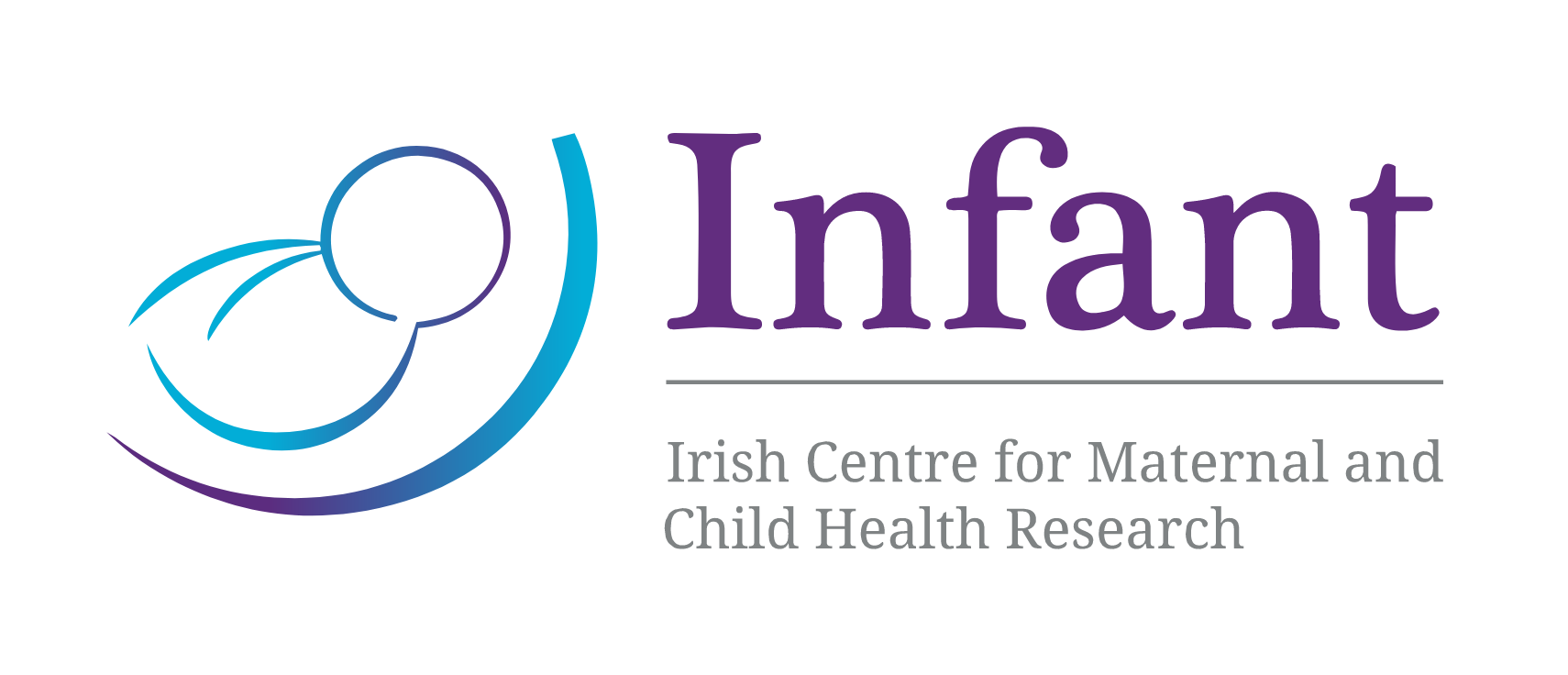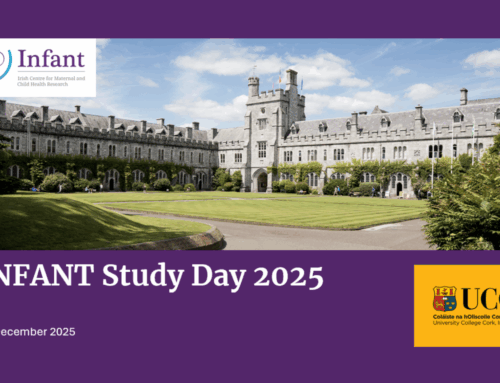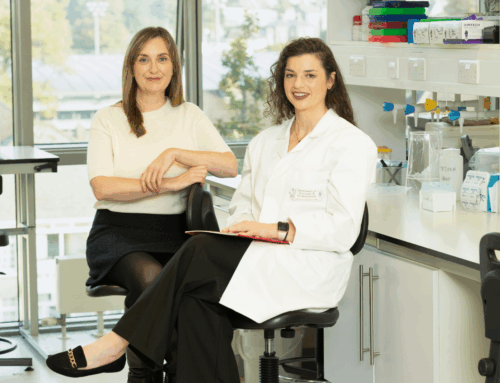Overview of the ENIGMA Study
Children diagnosed with Autism often experience mental health challenges such as anxiety, low mood, and depression but it’s not clear what triggers these challenges. The ENIGMA research study aims to understand how various factors like environment, diet, stress, and activity levels affect the mental health of autistic children. By examining these factors, the researchers hope to develop strategies and alert systems to support children and their families better when triggers occur.
Aim of the study:
‘ENIGMA’ is an acronym for ‘Environmental influence on mental illness via modifications of genomes and metabolomes in adolescents with Autism’
The aim of the study is to observe the daily lives of up to 400 autistic children aged 11-15 years across Europe. This study is funded by Horizon Europe, which is the research funding body of the European Union.
Who is it for?
- Adolescents clinically diagnosed with Autism.
- Must be able to interact verbally.
- Willingness to attend all study visits and wear a provided skin patch for 3-5 days, every month, at home for 6 months.
- Access to and ability to operate a smartphone.
Exclusion Criteria
- Adolescents with severe motor impairments or schizophrenia.
- Complex medical conditions, as determined by the research psychologist.
- Intellectual disability and not attending mainstream school.
What’s Involved:
Baseline Visit
- Discussion of study overview.
- Eligibility confirmation.
- Obtain Consent and Assent.
- Completion of baseline demographic questionnaire.
- Receive download and login details for phone app.
- Receive a pack with the Vivalink wearable device (the skin patch), instructional videos, phone app instructions, and urine/stool collection kit.
- Instructions on what to complete before Visit 1 including questionnaires.
There will be five study visits (including the baseline visit) over a six-month period and may include:
- Collection of stool and urine samples that were obtained at home (samples kits & instructions provided)
- Completion of assessments using various scales and tests.
- Checking physical measurements (e.g., Oral swab/blood pressure/height/weight).
- Checking multiple questionnaires were completed by parents/guardians (72 hrs prior to visits)
What will happen to the results of this study?
Results of this research study may be published in medical journals and presented at scientific meetings. Following completion of the study the anonymised data collected will be made available to researchers in an open access repository to aid future research work. However, your child will never be identified individually during these presentations/in this repository and will not be revealed in any reports or publications.
Where can I get more information?
If you have any further questions regarding this study, please contact the ENIGMA Research Team at ENIGMA@ucc.ie or (086) 143-6020
Conclusion
The study aims to deepen the researchers understanding of the factors influencing the mental health of autistic children. By involving families, conducting assessments and completing questionnaires, the study seeks to develop effective support systems for these children in the future.





